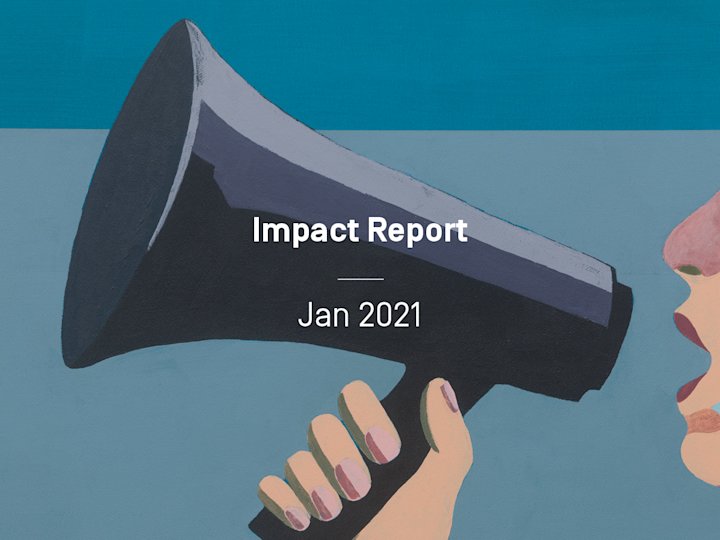Our Impact Report is a compact monthly update that keeps you up to date on our progress. This is where you’ll find all the latest facts and figures about our projects in January.

Your money is our capital – for change
Your money is our capital. Unlike at many other conventional banks, it is not invested in the arms industry, factory farming or coal-fired power plants. So the more money we take away from these banks, the better. Money, after all, needs to be part of the solution, not the problem.
The more money that is paid into our accounts, the more good we can do. In the month of January, our customers had a total of

in their Tomorrow accounts. That is equivalent to around:

8 times the amount of all tuition fees of all students of the University of Hamburg in the last winter semester.
13,400,000 euros of which are being invested in two “Green Bonds” to develop renewable energies.

6,000,000 euros of which are being invested in a “Social Bond” to create social housing.

50,000 euros of which we invested in micro-loans that are mainly helping small-scale entrepreneurs in the Global South to become self-sufficient.

And 0 cents are invested in the arms industry, factory farming or coal-fired power plants.

Our joint contribution to protecting the climate
Every time you use your Tomorrow card in a store, a small fee is paid to us by the retailer. But instead of pocketing the money for ourselves like other banks do, we are investing it in a forest protection project in Brazil. The more often you pay using your Tomorrow card, the more square metres of rainforest are protected.

square metres of rainforest were protected in January thanks to the climate protection contribution. That is equivalent to around
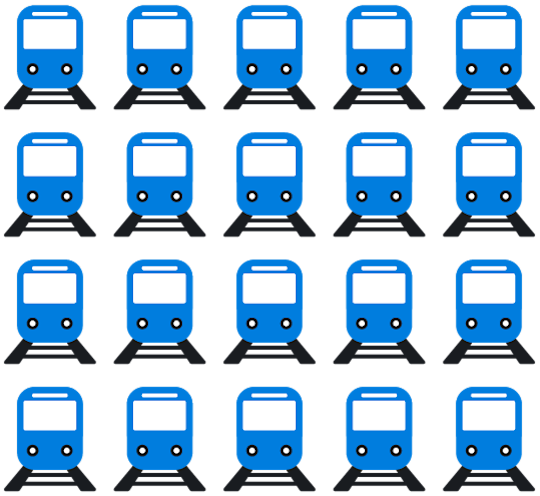
20 times of the whole area of the station district in Frankfurt.
The Amazon is the world’s largest, intact rainforest and the climate protection contribution is helping to preserve it. The money is being donated to a forest protection project in Portel, Brazil, with the area we are protecting growing every month. That means we protected a total of
10,629,261 square metres of rainforest in the month of January.

1,793,346 trees were preserved.

2,723,794 kilograms of CO₂ were bound.

Offset your carbon footprint with Zero
With Zero, our premium account, you can offset as much CO₂ as the average German emits in a year: around 11 tonnes. The more of our users who switch to Zero, the more CO₂ will be offset. Together we can make a significant change.

kilograms of CO₂ were offset by Zero in the month of January. That is equivalent to around:
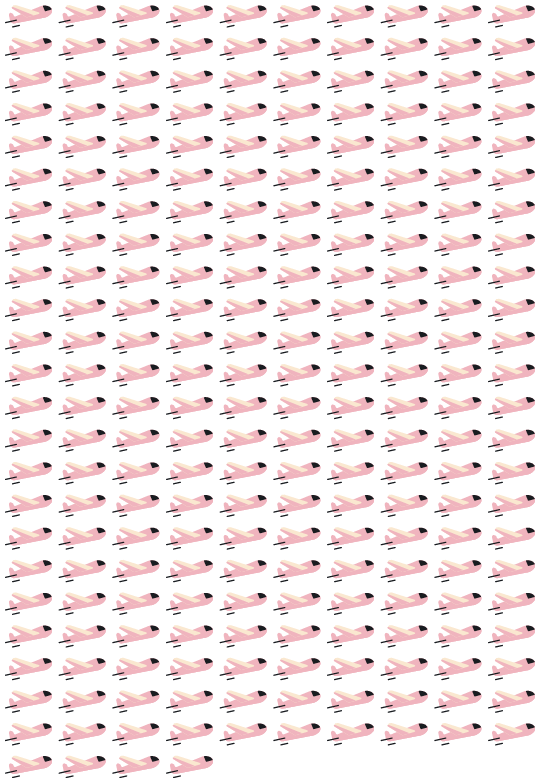
234 flights from Hamburg to Sydney.
Specifically, we are currently funding two climate protection projects for the CO₂ compensation; the biogas plants project in Vietnam is now fully financed. Read more about how that works here.
3,018,843 kilograms of CO₂ were offset in the month of January with Zero.

1,509,422 kilograms by supporting small-scale farmers in Peru and protecting the rainforest.

1,509,422 kilograms by providing access to clean drinking water in Uganda. This removes the need to boil water over an open fire, which is harmful to the environment.
Tomorrow and the Sustainable Development Goals
In 2015 the United Nations defined a set of global goals for sustainable development: the Sustainable Development Goals (SDGs). Tomorrow is committed to these SDGs. In each of our Impact Reports we will pick out one of the goals and explain in more detail how we are contributing to fulfilling it.
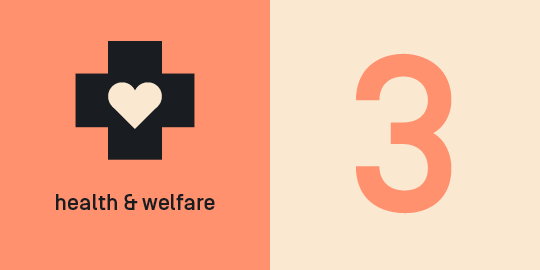
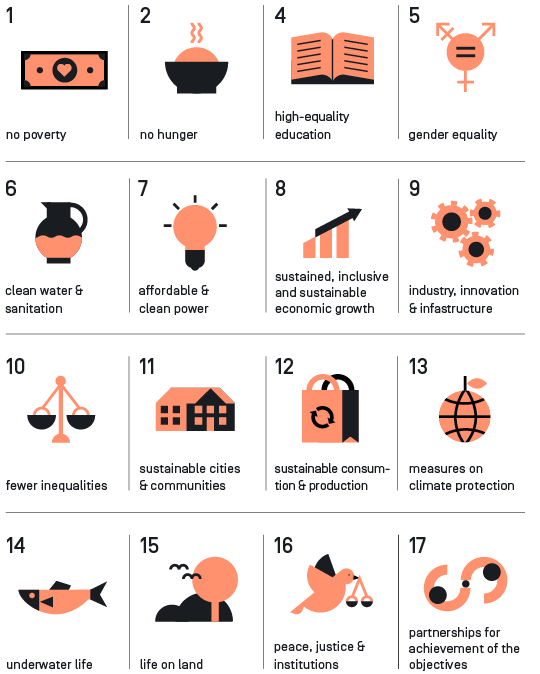
SDG 3: How Tomorrow is contributing to good health and well-being
We ensure that our climate protection projects are not only for the good of the climate, but also the people in the affected region. And the project supported by Zero in Uganda is one example of how we are fulfilling the good health and well-being goal. The consumption of contaminated drinking water is one of the leading causes of death in Sub-Saharan Africa. And boiling water over an open fire generates a lot of smoke, which leads to eye and respiratory diseases, especially among women and children. Our climate protection project combats both problems and also saves CO₂ emissions in the process.
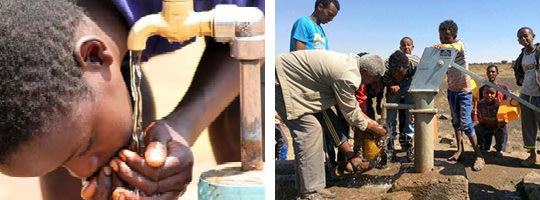
Source: Climate Partner
We are also contributing to this SDG with the social housing bond in which we invest a portion of our customer deposits. After all, affordable housing with high environmental quality standards means that families who aren’t as financially well off will have more money left over for other outgoings such as health, groceries or social activities. Social inclusion is incredibly important for us all – which is why barrier-free housing is another important point that is explicitly addressed. The housing associations also work closely with social and caregiving services, which particularly benefits elderly people who require support. To breathe life into the community, small shops and communal buildings like libraries, kindergartens, homes, community and health centres are rented. At the end of the day, it all comes down to an integrated approach to living together that takes different perspectives and needs into consideration.

Source: Nederlandse Waterschapsbank
